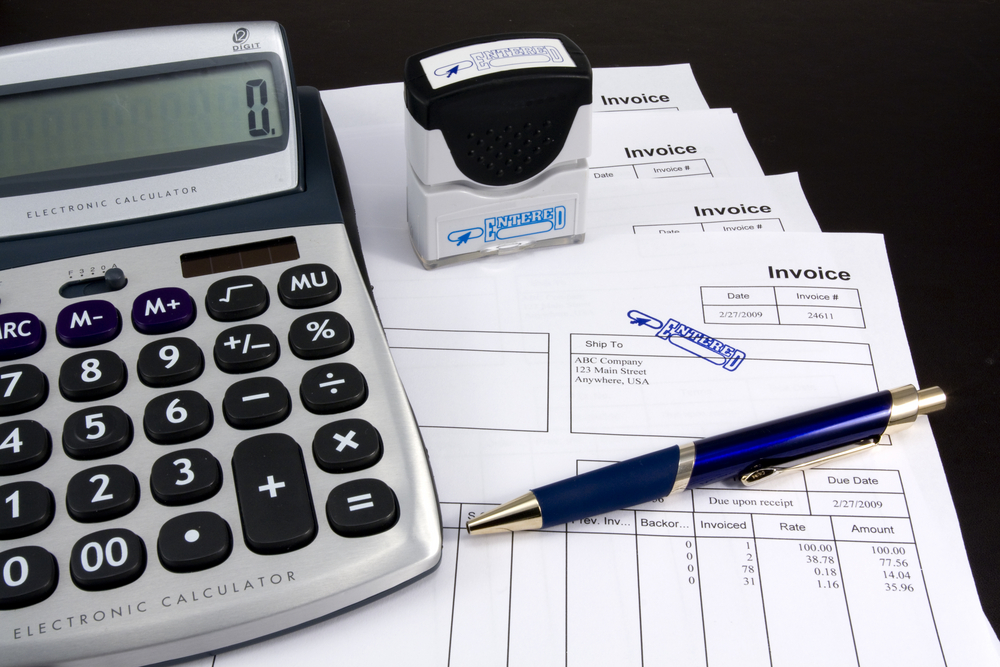The idea of an overdrawn trust account is is amusing to some agents. It seems odd that a trust account can become overdrawn given the level of funds sitting in the trust account at any one time.
How Does an Overdrawn Trust Account Happen?
So just how is it possible you may ask? There are many ways that a trust account can become overdrawn. Remember that not all agencies have huge rent rolls or run massive sales trusts. They may not have large balances brought forward at the beginning of each new month increasing the risk that the account may be placed into negative funds.
It’s very realistic that the trust account can become overdrawn through banking errors or technological faults. However mostly always it is due to human error within the agency.
Some real life examples:
- Not banking initial sale deposits then finding out that settlement cheques have bounced due to the initial deposit not clearing the account prior
- Accidentally uploading EFT payment files twice
- Disbursing Landlords money that has not cleared, then discovering that the tenants rent cheque has bounced after end of month
- Tenants paying past their vacate date via a rent card system which shows clear funds initially however later discovering after you’ve refunded the tenant the overpaid rent funds were never actually cleared funds at all (yes this can actually happen)
Section 89 of the Property Stock & Business Agents Act 2002 requires us to notify Fair Trading within 5 days of the account becoming overdrawn.
The Act clearly defines the requirement to:
a) State the name and number of the account
b) Provide the amount by which the account has been overdrawn
c) Give reason for the account becoming overdrawn
There is also further step, not listed in the legislation but will also need to be demonstrated to Fair Trading;
d) What did we do to rectify the issue? Is the account back in back in credit?
If not then you will need to specify the point in time when it will be back in credit or show what you did or are doing to bring it back into credit. For example, fixing the error with funds from the general account. This letter to Fair Trading should be prepared on company letterhead with a copy retained in the audit file of your office.
What happens if we don’t comply?
There are three other ways that Fair Trading will or can be notified of this serious breach.
If you do not notify Fair Trading within the given time frame then your auditor will detect the breach during your next annual audit. Do not be a fool to think they will not discover a discrepancy of this nature in the trust account! They will pick up on this without fail. You will receive a qualified audit report and need to send this into Fair Trading.
The financial institution which manages your trust accounts also have regulatory obligations and must comply with Section 92 of the Property Stock & Business Agents Act 2002. They have a 5 day requirement to notify Fair Trading of any account that has become overdrawn.
Section 112a of the Property Stock & Business Agents Act 2002 gives Fair Trading the power to conduct a random audit at any time. Operation Kuban saw more than 500 agencies across NSW receive a random audit alone. If Fair Trading detect an overdrawn trust account during a random audit the penalties may be more severe.
So whilst we may be able to immediately rectify the errors by quickly replacing the overdrawn funds from our general account, the Act clear specifies that penalties for non-compliance of Section 89 is $11,000. If you weigh the cost of writing a simple explanation letter and printing a copy of the bank statement compared to receiving a fine…I know what I’d rather.
Finally, have you accidentally overdrawn the trust account? Did it occur by one of these ways or another reason? Do you feel that 5 days is sufficient time to notify Fair Trading of this occurrence. We would love to hear your thoughts.
~ Jane Morgan is the Director of End of Month Angels, a consultancy firm specialising in Trust Accounting. Jane knows the legislative requirements of running a successful Real Estate office through her 18 years industry experience. Don’t trust just anyone with your trust accounting. Trust End of Month Angels and get back to what you do best – growing your business.

